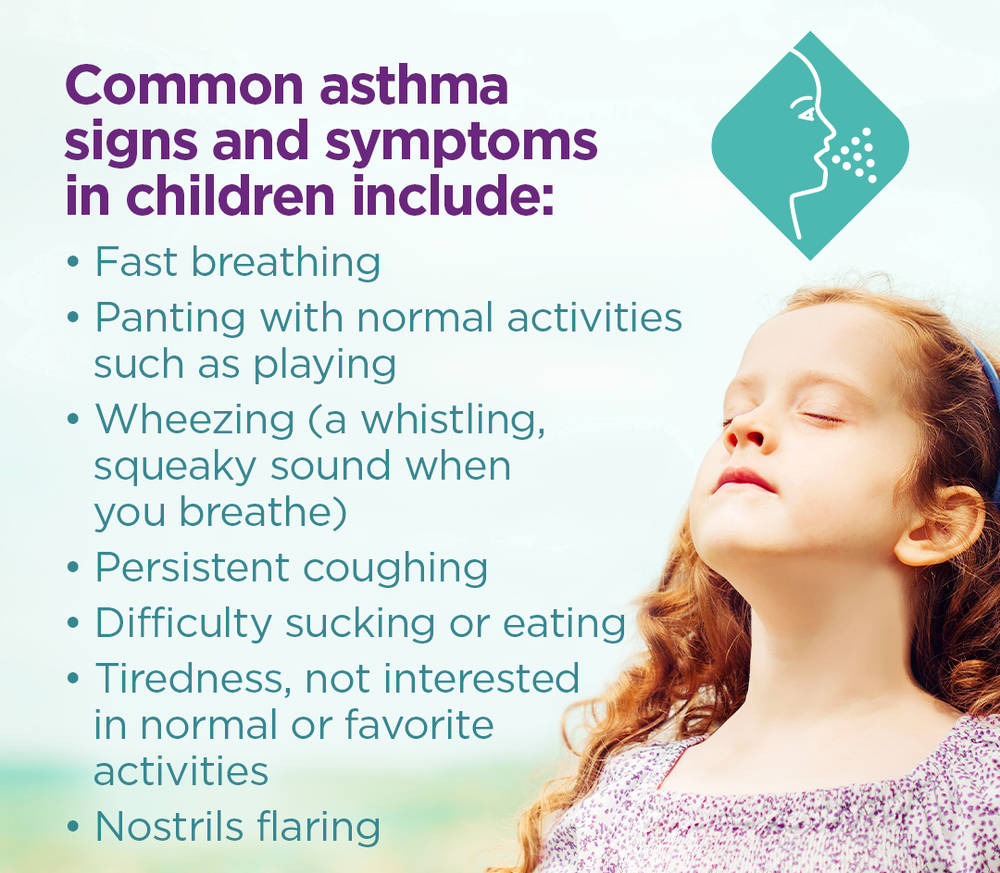Children with Asthma! Are you a parent dealing with your child’s asthma? You’re not alone – millions of children around the globe are struggling to breathe easily due to this chronic respiratory condition. It can be challenging for parents, who want nothing more than for their kids to live healthy and active lives, but don’t know where or how to start managing it effectively. Don’t worry! We’ve got everything covered in our blog from what causes asthma attacks, and common triggers as well as handy tips on preventing them so that every family can confidently put ‘Asthma’ under control together!
As a parent, the diagnosis of asthma can be tricky and overwhelming. But this blog is here to help! With helpful tips from experienced health professionals, you’ll gain insight on how to best manage your child’s condition while ensuring they live their life in good health and contentment. So breathe easy – now it’s time for action!
Does your child suffer from asthma?
When it comes to your child’s health, a few things are as unnerving for parents as a diagnosis of asthma. Don’t panic though—this breath stealer can be conquered with the right information and management strategies in place! So take an awesome deep breath; here’s what you need to know about living well while managing childhood asthma.
Children with Asthma: What Parents Need to Know!
Suffering from asthma can be a challenge to deal with, particularly for children. When their lungs feel like they are struggling for air due to allergies, temperature shifts, or physical activity – it’s no wonder this acutely unpleasant condition affects so many people around the world. Of course, coughing and wheezing should never be ignored – if you think your child may have asthma, please seek medical advice as soon as possible!
While there may not be a magical cure for asthma, kids can keep it under control with regular check-ups and medication. Even avoiding triggers like allergens or smoke is key to maintaining good health!
Children with Asthma: Symptoms to Watch For
Asthma can be difficult to spot in children, as its symptoms are varied and have the potential of changing from one attack to another. Common signs include coughing fits, wheezing when breathing, and difficulty catching their breath – however, every child may experience these differently or only intermittently!
You may not want to think of the worst-case scenario, but if your child’s asthma symptoms are worsening and their breathing is labored – don’t hesitate! Seek medical attention as soon as possible in case an attack hits. A fast response could be a lifesaver for your little one.

Children with Asthma: Triggers to Avoid
Asthma attacks can be triggered in the blink of an eye, whether it’s a reaction to allergies, or even just breaking into a jog. A good way for children with asthma to keep their lungs safe is by avoiding known triggers – and if you think your little one may have asthma, be sure to take them straightaway for medical advice!
Some common triggers for children with asthma include:
– Allergens such as dust, pollen, and pet dander
– Cold weather
– Exercise
– Respiratory infections such as colds and flu
– Smoke
If your youngster is having a tough time staying strong with their asthma, don’t go it alone. Visit the doctor to get some insights into what could be behind those flare-ups and design an attack plan for avoiding them in the future!
Children with Asthma: Management and Treatment
Asthma can be a challenging condition, but with regular checkups and proper maintenance, it doesn’t have to get the better of you. Ingesting medication and steering clear from triggers might not make asthma disappear, but these precautions will help pre-schoolers breathe easier!
Asthma can be managed with either quick-relief or long-term control medications – it’s up to you and your doctor to determine the best solution for relief. With the right treatment plan, there’s no need to worry about that wheeze!
Quick-relief medication
Asthma attacks can be a frightening prospect, but when they do occur there is help available! Quick-relief medication like albuterol works to open up airways fast and provide the relief needed. This type of SABA (short-acting beta agonist) comes in an inhaler – so take it with you wherever your adventures may lead!
Long-term control medication
Need to control your asthma? Long-term medication is key. Effective daily use of an inhaler with medications like fluticasone or budesonide can help keep asthmatic symptoms in check and prevent those pesky attacks from occurring!
For those with little ones suffering from asthma, daily oral medication is often prescribed. This could be a leukotriene inhibitor or an effective controller to help take back control of the symptoms and avoid dreaded attacks!
Working as a team, your child’s doctor will create the perfect plan to bring relief! From medication and allergy shots to avoiding triggers – you’ll be ready for any allergen that comes your way.
Children with Asthma: Resources for Parents
Parents of children with asthma take heart – there’s help out there! Check out these helpful resources to ensure your little one has the support they need.
- The Asthma and Allergy Foundation of America ( AAFA ) is a beacon of hope for families struggling with asthma, providing support and knowledge to help them breathe easily.
- Need help managing or preventing asthma? Look to the American Lung Association for some insightful resources!
- For those looking for helpful information on childhood asthma, Children’s Hospital Boston offers an extensive online hub to guide parents and their children. With its comprehensive details, this website is a great resource when it comes to providing support in managing asthmatic cases among kids!
- From asthma management guidance to connecting you with other families affected by the condition, these organizations are here to provide support and information on how best to manage your or a loved one’s asthma. Take control of managing this tough health condition today!
Conclusion
Asthma doesn’t have to be a frightening diagnosis for parents of young children. With the right combination of medication, knowledge, and self-care techniques you can confidently respond in case an emergency arises. Now that you’ve been armed with this essential information on how to spot triggers and manage attacks, your family can breathe easy!
Let us hear your brilliant insights! Have any incredible advice or tips to share? We can’t wait for you to leave a comment and show off your impressive knowledge.
More reading recommendations:


